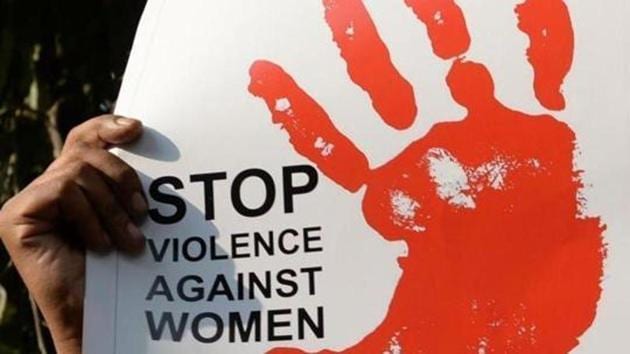For many women, home is often a dangerous place
We can’t seem to stop talking about sexual violence from strangers but can’t seem to start talking about the violence women face from within their homes
If a picture says a thousand words, then a graphic illustration of 137 figures — the number of women killed every day around the world by a partner or family member — doesn’t even begin to tell you the horror.

The statistics are part of a study released on November 25, International Day for the Elimination of Violence Against Women, by the United Nations Office on Drugs and Crime. It finds that 58% of the 87,000 women killed around the world in 2017 died at the hands of an intimate partner or a family member. Every hour, somewhere in the world, six women are killed by people they know.
There’s the16-year-old, legally a child, in rural Bangalore district, who rejects the amorous advances of a 28-year-old relative who’s been stalking her. On the day she confronts him near her school, he takes out a sickle and slashes her throat.
The college student in Jalna, Maharashtra, falls in love, gets pregnant and is strangled by her father when he finds out. Some of us call these gruesome patriarchal assertions ‘honour’ killings. Between 2014 and 2016, there were 356 such murders, men included, most related to inter-caste love.
One in three married women in India has experienced violence — slapped, pushed, shaken, kicked, choked or punched — from a husband, finds the National Family Health Survey, 2015-16.
In a country where 52% of women believe it’s all right for a husband to beat a wife as ‘punishment’, part of the problem is changing attitudes. “The entitlement of men has not gone down,” says advocate, Indira Jaising, one of the architects of our domestic violence law.
The judiciary, she adds, is also loath to give wives a share in the marital home and, so, “These women have nowhere to go.”
Perhaps the biggest problem is a lack of political urgency. A 2014 Law Commission recommendation for a separate law on ‘honour’ killings has been ignored. A debate on criminalising marital rape had ministers waxing eloquent about marriage as ‘sacrament’.
We can’t seem to stop talking about sexual violence from strangers — the rapist taxi driver, the unemployed drug addict — but can’t seem to start talking about the violence women face from within their homes.
There is a simple key to curbing this violence: Education. Women who’ve completed high school have a lesser likelihood of facing spousal violence — one in five, against one in three. Delaying the age of marriage by just one year reduces a woman’s chances of being subject to domestic violence, finds a study jointly conducted by IIM, Indore and Shiv Nadar University.
The theme of this year’s 16 days of activism to end violence against women is #HearMeToo. But first we have to learn to listen.
Namita Bhandare writes on social issues
The views expressed are personal




